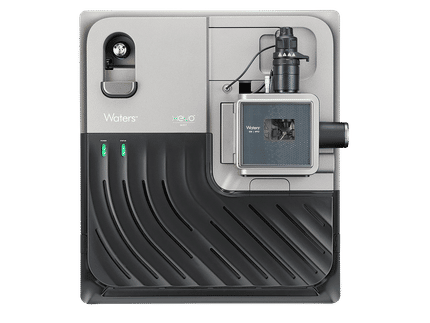To use all functions of this page, please activate cookies in your browser.
my.chemeurope.com
With an accout for my.chemeurope.com you can always see everything at a glance – and you can configure your own website and individual newsletter.
- My watch list
- My saved searches
- My saved topics
- My newsletter
Rosiglitazone
Rosiglitazone is an anti-diabetic drug in the thiazolidinedione class of drugs. It is marketed by the pharmaceutical company GlaxoSmithKline as a stand-alone drug (Avandia) and in combination with metformin (Avandamet) or with glimepiride (Avandaryl). Product highlightPharmacologyLike other thiazolidinediones, the mechanism of action of rosiglitazone is by activation of the intracellular receptor class of the peroxisome proliferator-activated receptors (PPARs), specifically PPARγ. Rosiglitazone is a selective ligand of PPARγ, and has no PPARα-binding action. Apart from its effect on insulin resistance, it appears to have an anti-inflammatory effect: nuclear factor kappa-B (NFκB) levels fall and inhibitor (IκB) levels increase in patients on rosiglitazone.[1] Recent research has suggested that rosiglitazone may also be of benefit to a subset of patients with Alzheimer's disease not expressing the ApoE4 allele.[2] This is the subject of a clinical trial currently underway. Side-effects and contraindicationsA press release by GlaxoSmithKline in February 2007 noted that there is a greater incidence of fractures of the upper arms, hands and feet in female diabetics given rosiglitazone compared with those given metformin or glyburide.[3] The information was based on data from the ADOPT trial.[4] An article by Dr. Steven Nissen and his colleague Kathy Wolski in the June 14, 2007 issue of The New England Journal of Medicine reported that the use of rosiglitazone was associated with a slightly increased risk of heart attack (20% more likely, odds ratio=1.43).[5][6] The FDA issued an alert on May 21 2007.[7] The findings of the study by Nissen and Wolski were considered enough of a public health matter to have caused the New England Journal of Medicine to release the findings online several weeks before they were to appear in print. On July 30, 2007 an Advisory Committee of the Food and Drug Administration concluded that the use of rosiglitazone for the treatment of type 2 diabetes was associated with a greater risk of "myocardial ischemic events" (including heart attacks) than a placebo, metformin, or sulfonylurea. The FDA Advisory Committee recommended that label warnings and educational efforts to this effect be instituted immediately. An article by the committee chairman, Dr. Clifford J. Rosen, called "The Rosiglitazone Story -- Lessons from an FDA Advisory Committee Meeting" appeared in the August 30, 2007 issue of The New England Journal of Medicine. Pioglitazone, the other thiazolidinedione on the market, was found not to have the same risks as rosiglitazone. Indeed, a study sponsored by its manufacturerTakeda Pharmaceutical Co. found that it reduces the risk of heart attack, stroke and death, but - like rosiglitazone - increases the risk of heart failure.[8] References
|
||||||||||||||||||||||||||||||||||||||||||||||||||||||||||||||
| This article is licensed under the GNU Free Documentation License. It uses material from the Wikipedia article "Rosiglitazone". A list of authors is available in Wikipedia. | ||||||||||||||||||||||||||||||||||||||||||||||||||||||||||||||







